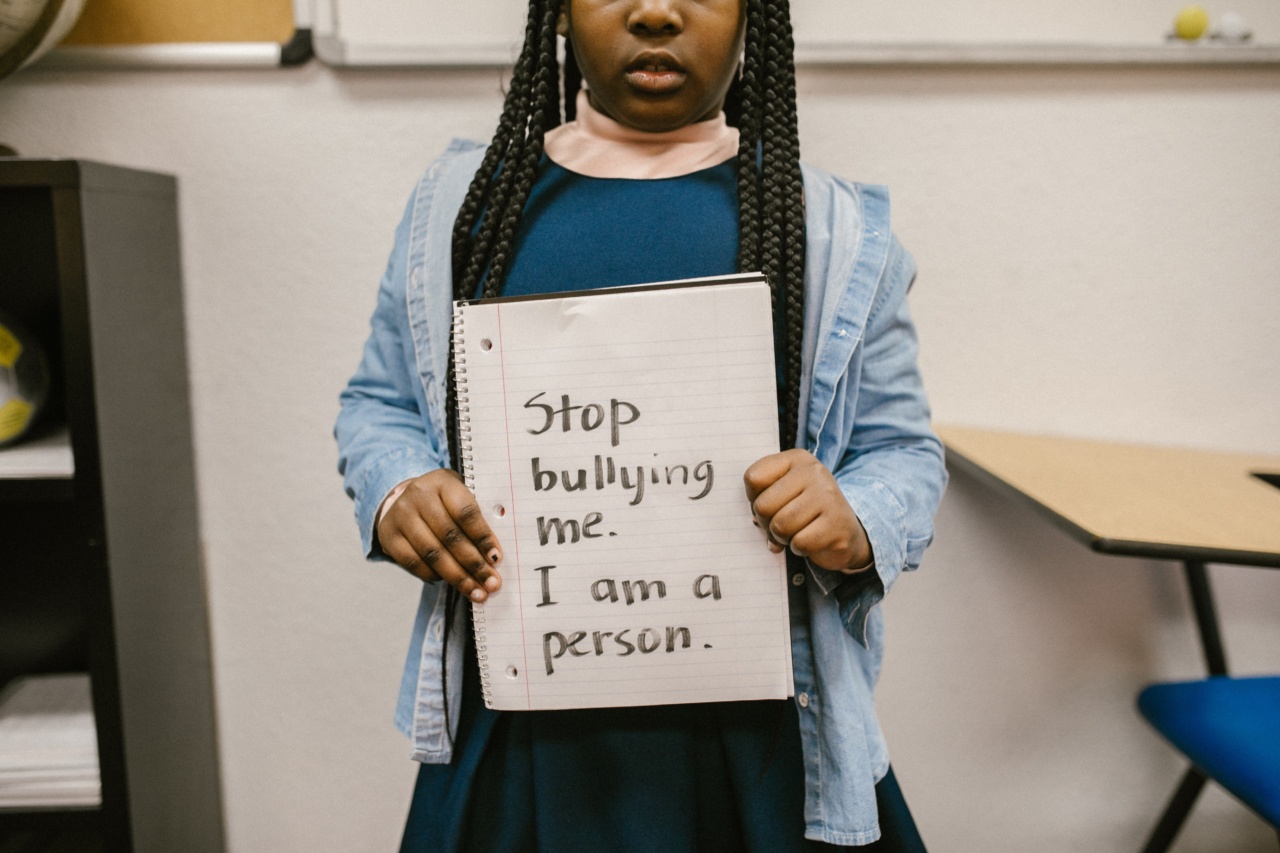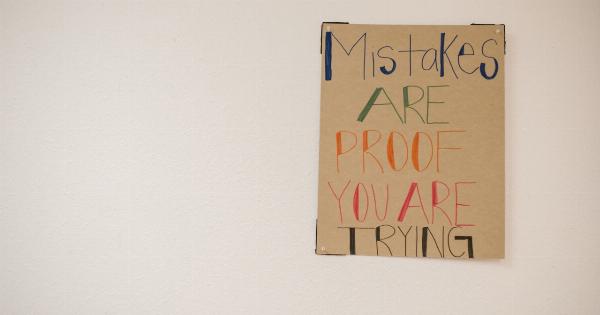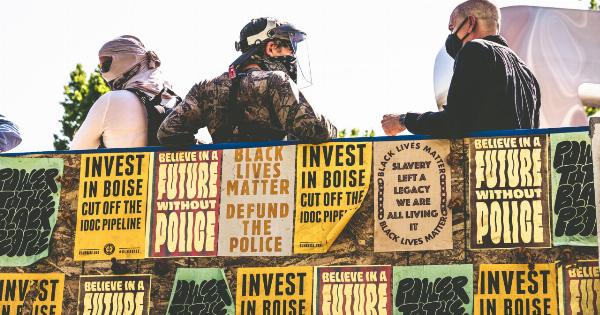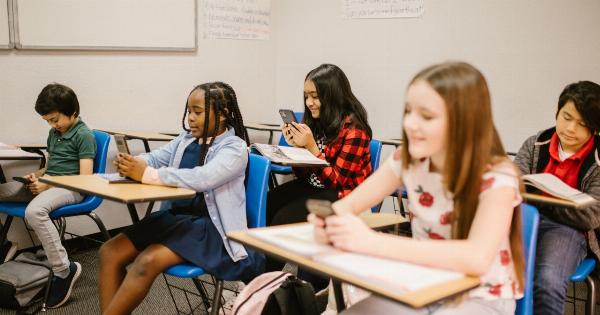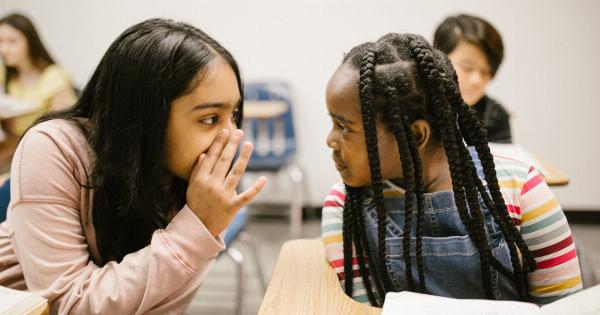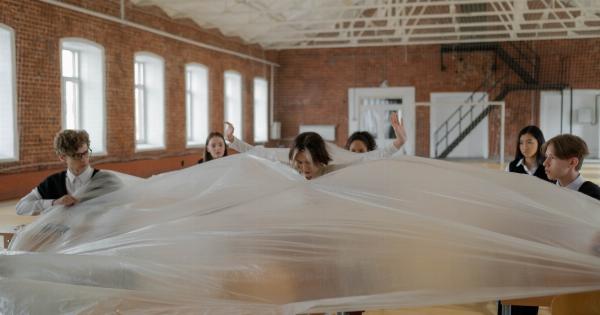Bullying is a widespread issue that affects countless schools and students worldwide. It involves a pattern of aggressive behavior where an individual or group intentionally harms, intimidates, or humiliates another person.
This repetitive abuse can have severe consequences for the victim, leading to various physical and psychological problems. To combat this problem effectively, it is essential to involve not only the victims and the bullies themselves, but also the crucial role of observers in stopping school bullying.
What Are Observers?
Observers, also referred to as bystanders or witnesses, are individuals who witness acts of bullying but are neither the victims nor the perpetrators. They may be friends, classmates, teachers, or any other member of the school community.
These individuals play a significant role in shaping the dynamics of bullying situations. Observers have the power to either actively or passively contribute to the continuation or prevention of bullying incidents.
Types of Observers
Observers can be categorized into three general types based on their actions in bullying situations:.
1. Passive Observers
Passive observers are individuals who witness acts of bullying but choose not to intervene or report the incident. They may fear retaliation or believe that it is not their responsibility to get involved.
These individuals often underestimate the impact of their inaction on both the victim and the bully. By not taking any action, passive observers inadvertently contribute to the normalization and perpetuation of bullying behavior.
2. Reinforcing Observers
Reinforcing observers are individuals who, intentionally or unintentionally, support or encourage the bully’s actions.
They may laugh, cheer, or join in on the bullying behavior, thus reinforcing the bully’s perception that their actions are acceptable. Reinforcing observers often have a desire to fit in with the bully or fear becoming a target themselves. Their presence and participation further embolden the bully and escalate the harm inflicted on the victim.
3. Proactive Observers
Proactive observers are individuals who take action to help the victim and prevent further bullying. They may intervene directly by stopping the bullying, providing support to the victim, or reporting the incident to a trusted adult or authority figure.
Proactive observers recognize the harmful effects of bullying and actively work towards creating a safe and inclusive school environment. Their involvement can significantly impact the overall dynamics of bullying situations and empower the victim.
The Power of Observers in Preventing Bullying
The presence and behavior of observers can greatly influence the occurrence and continuation of bullying incidents. By actively involving and educating observers, schools can harness their power to prevent and stop bullying.
Here’s how observers can contribute to creating a bully-free environment:.
1. Increased Reporting
Observers who report bullying incidents to teachers or school administrators contribute to the identification and resolution of bullying cases.
Encouraging and empowering observers to report such incidents helps ensure that bullying is addressed promptly and effectively.
2. Deterrence
The knowledge that observers are more likely to report bullying can act as a deterrent for potential bullies. The presence of proactive observers sends a powerful message that bullying behavior will not be tolerated within the school community.
3. Support for Victims
Observers can provide crucial emotional and social support to victims of bullying.
By standing up for the victim, offering help, or engaging in positive social interactions, proactive observers can mitigate the negative impact of the bullying experience.
4. Shifting Power Dynamics
Proactive observers have the potential to alter the power dynamics within bullying situations.
By intervening or even just publicly expressing disapproval of the bullying behavior, they undermine the bully’s sense of dominance and provide a boost to the victim’s confidence.
5. Promoting a Culture of Kindness and Respect
The actions of observers can contribute to the overall school climate. When proactive observer behaviors are supported and encouraged, it creates an environment where kindness and respect are valued, making it more challenging for bullying to thrive.
How to Encourage Observer Involvement
It is crucial for schools to foster a culture of active observer involvement to combat bullying effectively. Here are some strategies to encourage observer participation:.
1. Education and Awareness
Providing comprehensive training on bullying and the role of observers helps raise awareness about the issue.
This education can include recognizing different forms of bullying, the consequences of inaction, and the importance of the observer’s role in preventing bullying.
2. Anonymous Reporting Systems
Implementing anonymous reporting systems, such as suggestion boxes or online platforms, can encourage observers to report bullying incidents without fear of retaliation. This allows for the identification of patterns and timely intervention.
3. Empowering Students
Empowering students by giving them access to resources, tools, and strategies to address bullying situations helps develop their confidence to become proactive observers.
This can include teaching assertiveness skills, conflict resolution techniques, and promoting empathy and kindness.
4. Creating a Supportive Environment
Schools must foster an environment where students feel safe and supported.
Encouraging positive peer relationships, providing mental health resources, and facilitating open communication channels with trusted adults all contribute to creating a supportive environment for both victims and observers.
By recognizing and promoting the essential role of observers in stopping school bullying, we can work towards creating a safe and inclusive environment for all students.
Observers have the power to actively contribute to prevention and intervention efforts, fostering a school community where bullying behavior is not tolerated. It is incumbent upon schools and society as a whole to empower observers and provide them with the necessary tools and support to play their part in eradicating school bullying once and for all.
